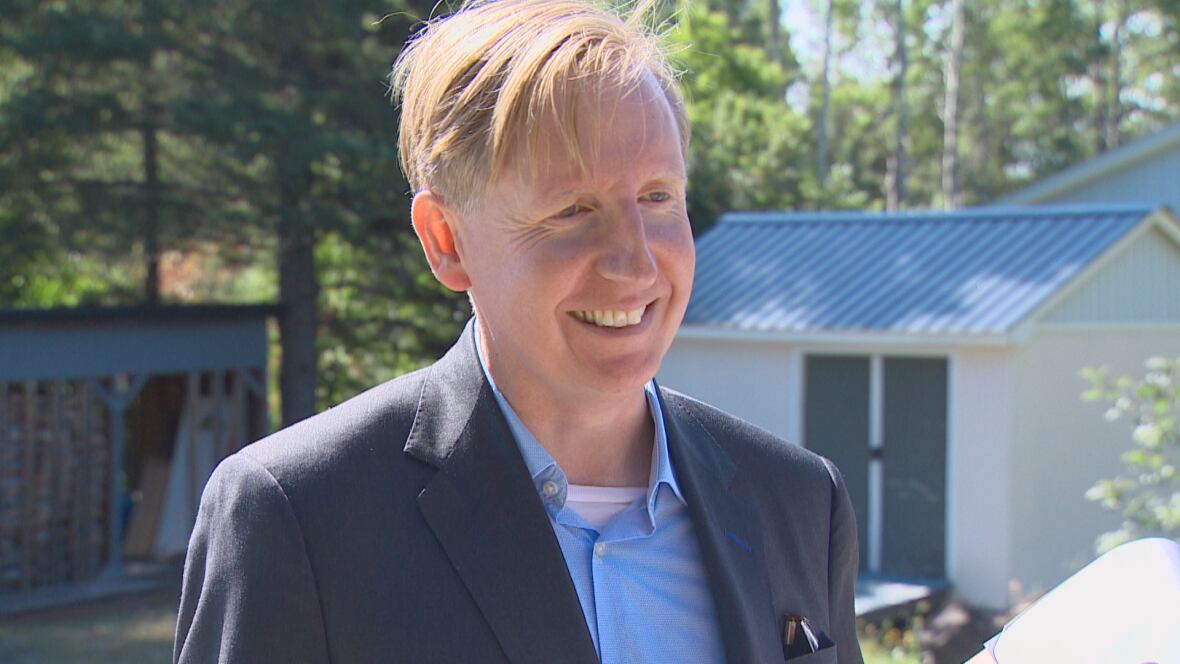MLAs urge broader discussion on divisive language issues
Liberals, PC, Green MLAs say bilingualism should be examined but not used to divide province's residents

Listen to the full CBC New Brunswick Political Panel podcast by downloading from the CBC Podcast page or subscribing to the podcast in iTunes.
A broad but even-handed discussion of bilingualism in New Brunswick is needed to address the persistently divisive topic of language, according to MLAs from three of the four parties represented in the legislative assembly.
The issue bubbled up again during the provincial election campaign with the rise of the People's Alliance, a party that won its first three seats and wants to restructure bilingualism and duality legislation.
Alliance officials say the controversial platform plank is based on fiscal responsibility, but rhetoric used by many of its supporters and election candidates suggests anti-francophone sentiments are present in the party's base.
That's drawn criticism from other parties and deep concern among New Brunswickers, especially in the francophone community. It's one of the main reasons the Liberals and Progressive Conservatives, two parties clamouring for support to form government, are not interested in dealing with the Alliance.
CBC New Brunswick's Political Panel Podcast examined why the major parties are distancing themselves from the People's Alliance, and the panellists, a trio of newly elected MLAs for the Liberal, PC and Green parties, all suggested the Alliance's stance on language issues is the primary reason.
"It's understandable," said Dominic Cardy, the PC candidate elected in Fredericton West-Hanwell.

He said there should be discussion about the delivery of bilingualism and its effectiveness for all citizens — in the same way that health care and education are debated — and in a way that doesn't trample on linguistic rights.
But many Alliance supporters have formed this "us-versus-them mentality," Cardy said
The People's Alliance was asked to join the panel but did not send a representative.
Cardy said he encountered frustration on the campaign trail, remembering one man who couldn't get a job in the laundry at the Dr. Everett Chalmers Hospital. He also cited poor French immersion scores and said structural improvements can be made in the system.
J.C. D'Amours, a former MP and now he MLA for Edmundston-Madawaska Centre, said frustration with the system isn't a one-way street, and francophones miss out on jobs because they are unilingual.
"It's happening everywhere," he said.
D'Amours said bilingualism is a positive for New Brunswick, and misunderstanding of the Official Languages Act should be cleared up through open discussion — something that Cardy said the past Liberal government has avoided.
Kevin Arseneau, elected for the Green Party in Kent North, said a discussion can't begin with one side calling for the rights of others to be taken away.
He said many rural New Brunswickers have been abandoned by government, and jobs are scarce in regions in dire need of economic help, but pointing the finger at bilingualism as the culprit "doesn't make sense."
Cardy said an understanding needs to be reached so the province can work in concert to fix the real problem facing New Brunswick: provincial finances.
"We've got to move past this cultural divide to unite the province around a common message from what we want from our government so that we can have these discussions in five, 10, 15 years' time," he said.
